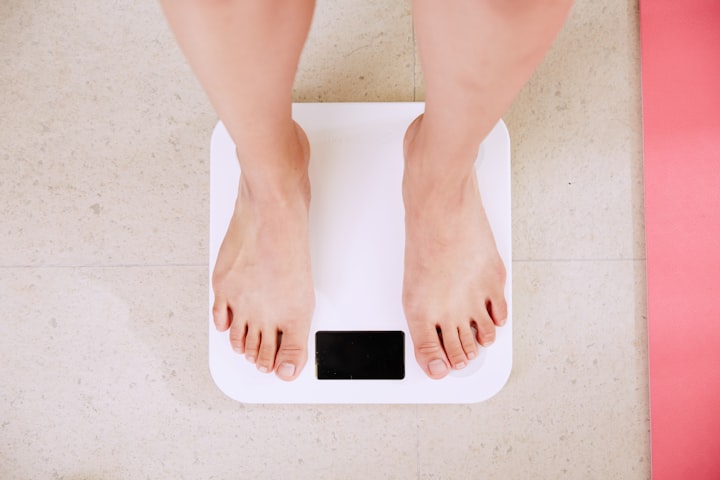When you think of unhealthy habits in western society, you’re likely to think of substance abuse (especially among teenagers), smoking, and eating too much fast food. However, few people realize that we have another major problem on our hands as well: obesity. In the last ten years, the percentage of overweight children in western society has increased by almost 20 percent; meanwhile, the number of overweight adults has increased by 10 percent.
First, let’s look at how over weight kids are becoming an issue
Obese children are more likely to become obese adults, according to a new report published by Health and Human Services. If a child is considered obese, it means that his or her weight-to-height ratio places them above and beyond what doctors consider healthy for their age. HHS reports that while only one in three teens was overweight or obese two decades ago, now one out of every three teenagers between ages 12 and 19 has been labeled with these titles. This alarming statistic also holds true among younger kids; as recently as seven years ago, less than 14 percent of 2- to 5-year-olds were classified as either overweight or obese. Today, almost 20 percent have been given these not so flattering monikers. The result? An increased risk for childhood obesity translates into an increased risk for health problems—both current and future—for many young people all across America today.
How does this affect us as a society?
Since obesity is linked to type 2 diabetes, heart disease, and hypertension (and some researchers believe it may also be connected to Alzheimer’s), then as obesity increases, so does our risk for these illnesses. Plus, research has shown that children who are obese at a young age tend to remain obese as adults—meaning that if we don’t do something about it now, there will be even more victims tomorrow.What can you do? Encourage your friends to exercise and make healthy food choices while they are still young. A study published in 2010 found that middle school students whose friends frequently ate unhealthy foods were one-third less likely to choose those foods themselves; on the other hand, students who regularly ate unhealthy foods had twice as many unhealthy-eating friends.] Play an active role in your own health by getting plenty of exercise each day.
What can we do about it?
It may seem like a big challenge to tackle obesity, but there are simple ways you can make an impact. Start by eating healthier and exercising more. The information we’ve provided has been tested by thousands of people around North America with great success. Just try to make little changes each day that will ultimately add up to big results for your health and well-being. If you have trouble coming up with some healthy recipes, check out some on our website or talk to your friends about what they like to eat! Don’t forget to share these tips with others who need help losing weight—they might just be able to lend some advice as well. Most importantly, remember that it takes time and commitment to reach your goals, so don’t get discouraged if you don’t see instant results; it could take weeks or even months before you start seeing measurable progress in your efforts. Remember: Rome wasn’t built in a day!
Are dietary supplements helpful?
Vitamin C can help boost immune systems, and a deficiency of vitamin D is increasingly linked to disease. But there’s little evidence that other supplements are worth their high cost, or that megadoses of vitamins and minerals are effective. What’s more, some people have health conditions (such as diabetes) that prevent them from taking specific supplements. And women who might get pregnant should avoid certain combinations of vitamins and minerals. For example, doses higher than 600 micrograms (mcg) per day of folic acid—often found in prenatal vitamins—might mask B12 deficiencies by blocking absorption of B12; these imbalances could potentially lead to irreversible nerve damage.
Can green tea be an alternative to pills?
A study conducted on mice found that those who were given green tea extract lost more weight than those who received a placebo. More studies will need to be conducted on humans, but so far there’s no reason not to take up drinking green tea if you need help with your waistline. Keep in mind that as with any diet-friendly beverage, calories still count; watch how much sugar you add. Green tea is low in caffeine, which is often used for appetite suppression anyway.
Exercise! Exercise! Exercise!
It’s a fact: people who get regular exercise don’t just live longer and look younger—they also have more energy, are more productive at work, have fewer sick days and make better decisions. Exercise stimulates your body to produce endorphins, which reduce stress and anxiety; plus it relieves depression by boosting serotonin levels. The best part? Regular exercise is free! So why wouldn’t you want to do it? In addition to aerobic activity, include strength training (resistance or weight training) two times per week as well. And remember that stretching can be an important component of exercising regularly. Your mind will thank you for staying fit over time!







Comments
There are no comments for this story
Be the first to respond and start the conversation.